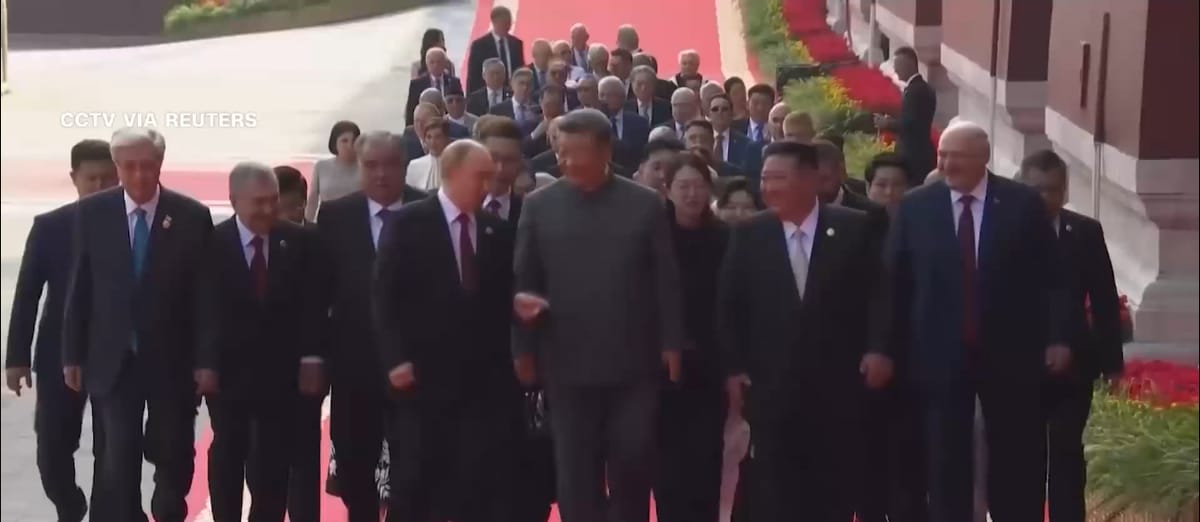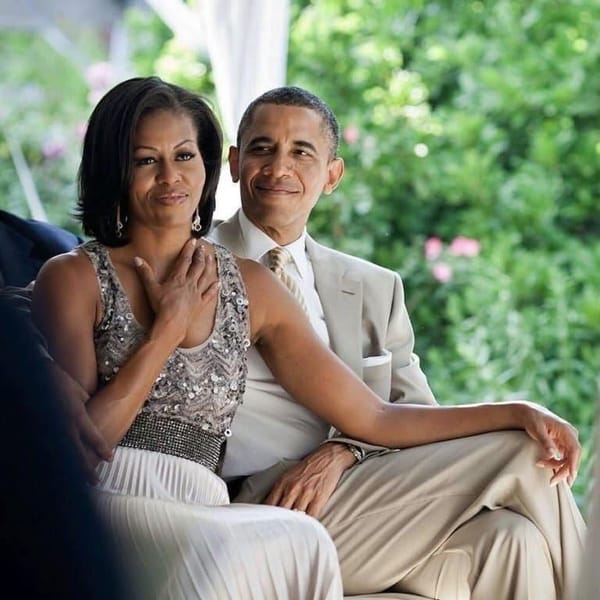We’re Screwed!

A Dangerous Realignment: How America’s Instability Strengthens Our Rivals
The world is shifting in ways that should make every American uneasy. The United States once stood as the central axis of global stability, a partner nations could rely on even when they disagreed with us. Today, however, we are living through a moment of extraordinary fracture. Our rivals—China, Russia, India, and North Korea—are finding common cause, drawn together not by natural affinity but by the vacuum left by American inconsistency.
At the heart of this problem lies our own failure of credibility. Global politics is a long game, and trust is its most valuable currency. For decades, the U.S. invested in relationships, treaties, and alliances that reassured partners we were steady even when our domestic politics were contentious. That trust is eroding at an alarming pace, and the recent Trump presidency is one of the key accelerants.
Flip-Flopping at the Helm
Allies watch carefully not just what American presidents say, but what they do. In Donald Trump’s case, the problem wasn’t only the content of his policies, but the unpredictability. One day NATO was “obsolete”; the next day, essential. NAFTA was shredded, renegotiated as the USMCA with Canada and Mexico—and yet, even that supposedly “better deal” was later undermined by half-hearted enforcement and threats of withdrawal. If a president cannot honor agreements he himself negotiated, why would foreign leaders believe that any promise from Washington will last longer than a single news cycle?
This pattern of flip-flopping sends a dangerous signal: America is no longer a reliable partner. Allies hesitate to commit resources when they know the ground may shift under their feet at any moment. Rivals, meanwhile, exploit the chaos.
Authoritarian Consistency
Contrast this with China. Whatever else can be said about Beijing’s government, its policies are consistent. President Xi Jinping has cemented his role as leader for life, eliminating the uncertainty of political turnover. China lays out five-year plans and follows through. When Beijing makes a commitment to a partner—whether in Africa, Latin America, or Europe—those partners can expect a long horizon of engagement. They may not like every detail, but they know what they are signing up for.
Russia, though less economically stable, thrives on exploiting gaps in U.S. credibility. Vladimir Putin does not need to be universally trusted—he only needs to be seen as more dependable than an America that whiplashes from one foreign policy doctrine to another. North Korea, once a pariah state barely acknowledged by major powers, now finds itself courted as a pawn in this broader realignment. And India, the world’s largest democracy, finds itself cautiously testing closer cooperation with Moscow and Beijing when Washington wavers.
The Cost of Abandoning Allies
Alliances are not just about shared values; they are about shared sacrifices. During Trump’s presidency, allies were often treated less like partners and more like adversaries. Longstanding defense commitments were questioned. Trade partners were insulted. Even Canada, historically one of our most dependable neighbors, was mocked and threatened. Treaties and frameworks that took years—sometimes decades—to build were brushed aside as if they were trivial contracts to be broken whenever convenient.
This abandonment has long-term consequences. When allies lose faith, they begin to hedge. They sign deals with China. They open channels to Russia. They pursue their own independent security policies rather than coordinating with Washington. Once that erosion begins, it is nearly impossible to reverse fully. Trust, once squandered, does not return on demand.
A World Tilting Away
Now we are witnessing the fruits of that instability: China, Russia, India, and North Korea exploring alignments that would have been unthinkable in earlier eras. These nations do not agree on everything—far from it—but they share a common interest in countering American influence. They see weakness where we once projected strength. They see division where we once built consensus. And they see opportunity in our self-inflicted wounds.
The truly sobering part is that much of this damage is not caused by policy disagreements alone, but by the perception that America cannot be trusted to keep its word. That perception, once entrenched, emboldens adversaries and terrifies allies. It invites aggression, because an unpredictable America is, paradoxically, a paralyzed America. No one wants to commit when the rules may change tomorrow.
The Path Forward
This is not a partisan observation—it is a strategic one. If the United States wishes to remain the central force for global stability, it must rebuild credibility brick by brick. That means honoring treaties, not shredding them for short-term applause. It means treating allies with respect, not suspicion. It means creating policies that endure beyond the whims of a single administration.
China’s strength is not just its economy or military—it is its consistency. Russia’s strength is not its prosperity—it is its ability to exploit instability. India’s value to them is not ideological—it is strategic hedging. North Korea’s leverage is not its power—it is the willingness of others to use it as a thorn in America’s side.
Meanwhile, our weakness is self-inflicted. We undermine ourselves when we fail to hold steady. We invite danger when we treat our allies as disposable and our promises as negotiable.
The world is aligning in ways that should concern every citizen. The solution lies not in bluster or in constant reinvention, but in a return to the very thing that once made America indispensable: reliability. Until we reclaim that mantle, our adversaries will continue to grow stronger—not because they are united by natural bonds, but because we have given them a shared opportunity to exploit.
Julie Bolejack, MBA



